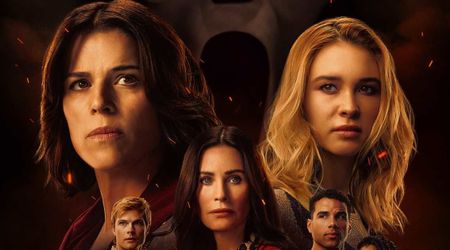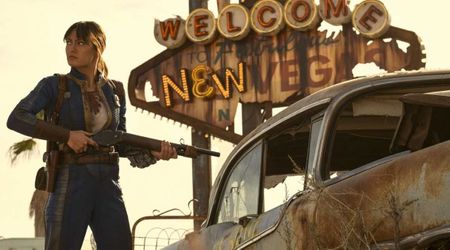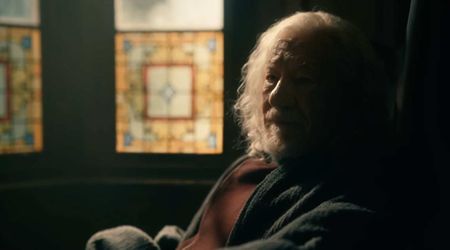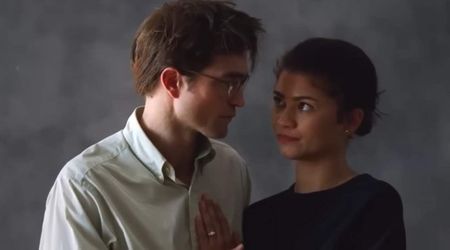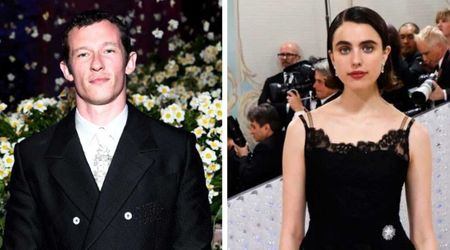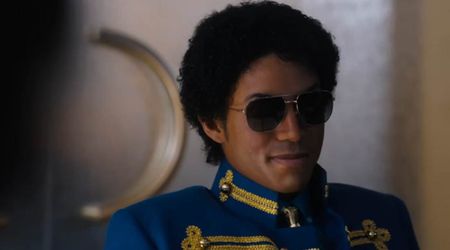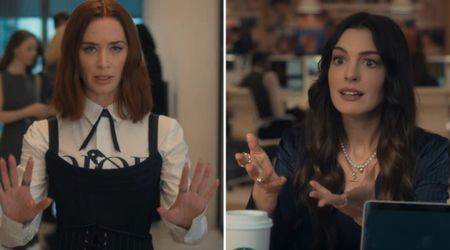'Uncle Frank' Review: A witty yet gut-wrenching tale of a gay professor's attempts to find acceptance

The scope of cinema has expanded greatly to become more diverse and welcoming of gender discourse, sexuality and identity.'Uncle Frank' by Amazon Studios is no different in such a context. The film directed by Alan Ball explores the reality of being gay in 1970s America. Ball’s direction renders an empathetic vision to Uncle Frank (Paul Bettany) while at the same time takes the viewers into his mind that is strongly guarded and is conflicted for being gay.
In the first half, the film has portrayed Uncle Frank as a broad-minded American guy in his late 40s who exudes intellect and maturity and happens to be an English literature professor at NYU. Frank has a big boisterous orthodox family controlled by patriarchal father Mac (Stephen Root) who has a disdain for Frank, which the viewers later understand is due to him being gay. This explains why despite Frank being an affable personality, he is secluded from the rest of the clan who innately ‘loves’ him but cannot ‘accept’ him given his identity. The film right from the beginning explains how ultra-religious “righteousness” expresses disgust for non-binary characters. Here the theme of religiosity and that one would go to hell for not obeying God makes one question if breaking the heteronormative notions is a disgrace to family and society?
The film further rips apart the veneer of the shallow honor of the American family embodied by Frank’s family. However, Frank does not want his young teenager niece Beth (Sophia Lillis) to get stuck in the prejudiced household. He wants her to explore more and pursue what she wants rather than what others want her to be. One can feel Beth is influenced by Uncle Frank’s ideas and is the only person who finds his words of wisdom arresting. “I could listen to him talk all day. He was the only adult I knew who looked me in the eye. He was curious about what I had to say”, she says while being unaware of his true identity.
While Frank is imparting all the worldly knowledge to Beth and enabling her to attain self-hood, it seems he is professing something that he longs to attain. Frank is troubled by a grisly and emotionally abusive past that has haunted him from time to time. It was when he was exposed by his father while he first made love to his partner at the age of sixteen.
Since then, Frank was alienated from the family and was seen as loathsome by his father. Frank’s mental torment can be felt by viewers as snippets from his past haunt him even while he has been living with his new partner Walid Wally (Peter Macdissi).

The film has excelled in portraying Wally’s jubilance and flamboyance as an antidote to the worrisome and sentimentally self-destructing nature of Frank. While Wally is aware of how vulnerable Frank is, the professor’s conditioning and humiliation by his father’s righteous nature makes him accept loneliness as retribution.
The director has depicted Wally and Beth as catalysts in Frank’s life. Implicitly they both want to make Frank come out of the abyss of the self-loathing past that pesters him. Wally’s character factors in culture and politics too in the film. This comes as he urges Frank to come out of his cocoon and introduces both of them as a couple to his family. While Frank objects, fearing the outcome. Wally, who has been living in the United States, having hailed from a gender-regressive country like Saudi Arabia, mentions how he cannot afford to reveal his identity back there as it would subject him to beheading. However, “Americans don’t care about honor”, he says to Frank indicating the openness in society in the free world.
At this juncture, one has to credit film’s editor Jonathan Alberts and writer Alan Ball for wittily highlighting the moral decadence of 1970s America that is portrayed as an enchantment for its appearance of freedom. The satire on the American dream is indeed hard to miss.

There are many parts in the film where the milieu and setting have brought out crystal clear imageries that define the emotional palette. For instance, Khalid Mohtaseb’s camerawork shows a riverside located in the cavernous forests as if they foster many secrets. And indeed they do! In one scene one can see how Frank as a teenager is playfully bathing with his boyfriend and discovering his identity as a gay for the first time. The color of the water is crystal blue and the sun rays not only sparkle on the surface but enshrines hope and compassion as well. However, another scene at the same spot shows Frank’s boyfriend drown himself in water after being abandoned by Frank. At this point, Mohtaseb’s camera depicts the water as dull ochre like yellow in sharp contrast to the blue. As Frank struggles to bring back his partner to life sailing through rough waters, the yellow splashes serve as an allegory for his own moral decadence that cost him his lover. However, the likes of ‘Call Me By Your Name’ and ‘Moonlight’ will find the movie more explicit thematically.
Anyhow, this chucklesome yet gut-wrenching tale of grief, love and acceptance is a worthy watch that factors in complex sub-plots like glory, moral corruption, and cultural openness as life comes full circle for Uncle Frank. How far will Wally and Beth aid Uncle Frank and will his family accept him, it is left for the viewers to discover.
'Uncle Frank' releases November 25, 2020 on Amazon Prime Video.

